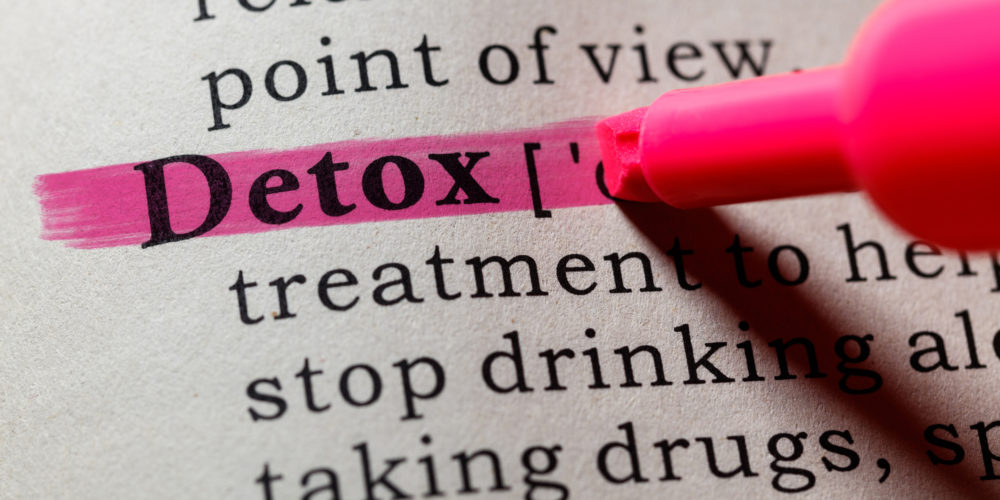Deciding to seek help for mental health or addiction challenges can…

If you struggle with addiction, you have probably been told to just “sober up.” In fact, most addicts commit to sobriety over and over again, but may be stopped from moving beyond the first step because of the challenges of detoxification. Quitting cold turkey is not only difficult, but can actually be dangerous if you are abusing drugs like alcohol, opioids, or benzodiazepines.
Supervised medical detoxification accomplishes the goal of immediate detoxification, but under medical supervision and with tools that can help make the symptoms of detox easier to handle. This not only increases the likelihood that someone will complete detox, but also protects their health and safety.
While alcohol may be the most socially acceptable abused substance, it can also be the most dangerous one to quit. Abruptly stopping alcohol usage can cause a condition known as delirium tremens (DTs). Symptoms of DTs usually begin with 2 to 5 days of stopping alcohol usage. They include shaking, confusion, fever, hallucination, and high blood pressure. Medically supervised detox from alcohol involves the use of medications including benzodiazepines, anti-seizure medications, and barbiturates. These medications are used for a short period of time, usually four or five days.
While not generally considered as life-threatening, detoxing from benzodiazepines can include many of the same symptoms as detoxing from alcohol. However, medically supervised detox from those drugs usually involves a gradual weaning program, which consistently lowers the amount of benzodiazepines that the patient is consuming. Depending on the extent of the drug problem, this process can take weeks or even months. The patient is monitored for health and comfort to minimize withdrawal symptoms.
Medically supervised opioid withdrawal usually involves using opioids that do not produce a high feeling, such as methadone or buprenorphine. Using these drugs prevents withdrawal symptoms similar to those above and the diarrhea that is often associated with morphine withdrawal that can cause dangerous dehydration. While complete opioid detoxification can be accomplished somewhere from four days to two weeks, both methadone and buprenorphine can be used long term to help support recovery.
A medically supervised detox transitions well into a maintenance recovery program, which will not only address the patient’s ongoing physical and medical needs, but also address behavior changes that can support long term sobriety.
For a long time, people struggling with addiction have been treated like they have a moral failing. Therefore, some people thought that detox should be a painful process. This includes addicts, who are often full of self-loathing because of behaviors related to their addictions. Addiction is a medical problem, not a moral failing. There is no reason for someone to suffer through a painful detox period. At Greater Essex, we can provide the support and care you need to get you started on the road to long term sobriety.



